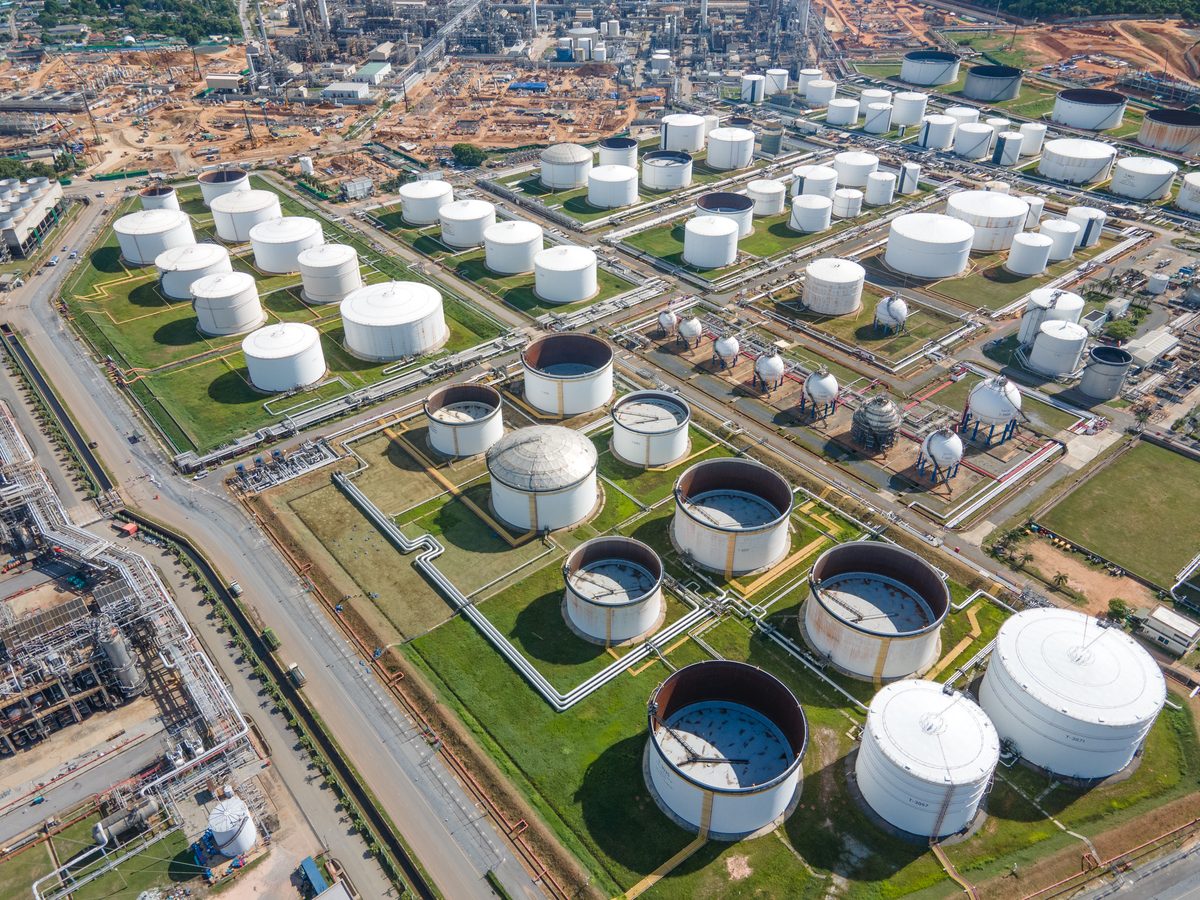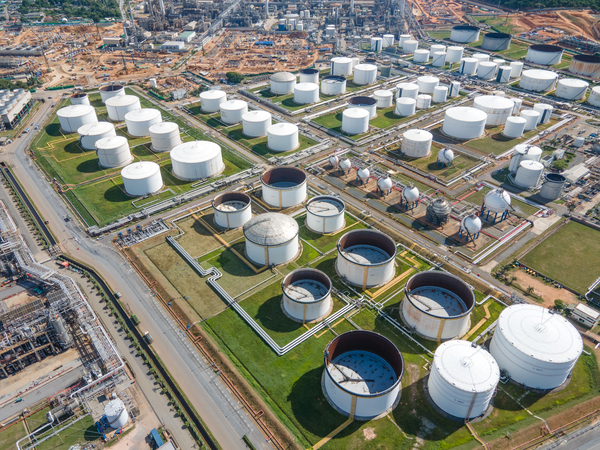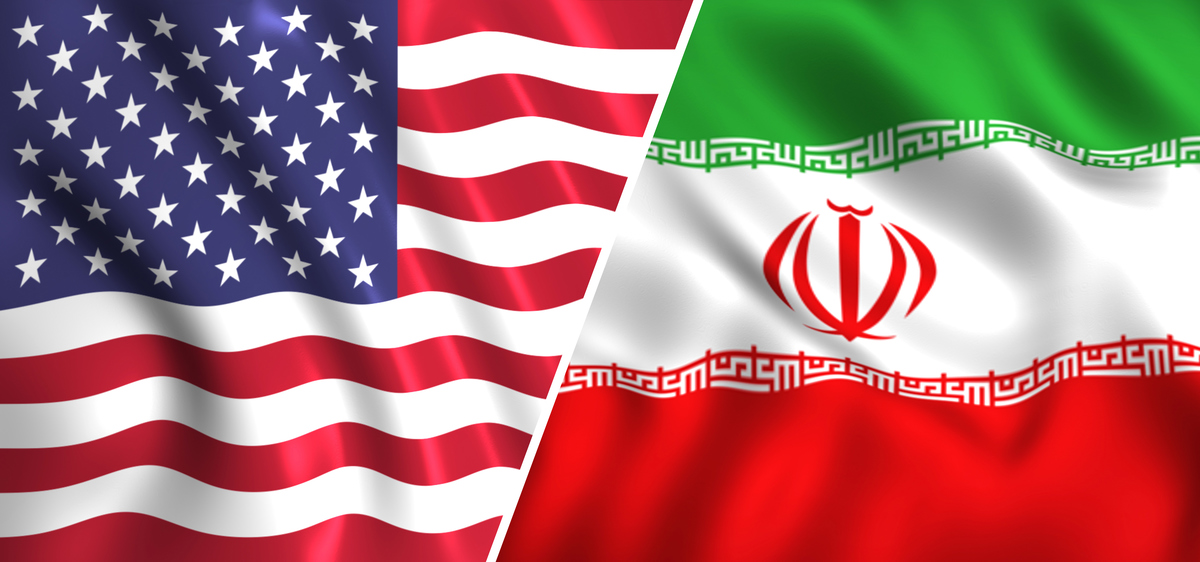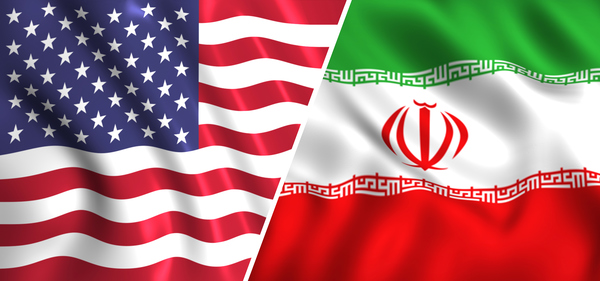Dispute over production quotas ahead of OPEC+ meeting pulls Brent prices lower
The front-month ICE Brent contract has moved $1.38/bbl lower on the day from Friday, to trade at $80.19/bbl at 09.00 GMT.
 PHOTO: Getty Images
PHOTO: Getty Images
Upward pressure:
The upcoming OPEC+ meeting has lent support to declining Brent prices. The remote meeting is scheduled to take place this Thursday.
The oil market expects OPEC's key producer and de facto leader Saudi Arabia to roll over its current additional voluntary output cut of 1 million b/d into the first quarter of 2024. Additionally, the group’s top ally Russia is expected to extend export bans as well.
“We believe that the Saudis will roll over this cut and there is a growing possibility that we see a deeper cut from the broader group,” said two commodities market analysts at ING Bank. “In doing this, the group would provide good support to the market going into 2024,” they added.
Meanwhile, several reports suggested that the oil-producer group has made progress “in coming to a deal with Angola and Nigeria,” said ING’s head of commodities strategy Warren Patterson.
Angola and Nigeria agreeing to follow lowered production targets for 2024, backed by an additional 1 million b/d cut by Saudi Arabia, could cause a further supply shortage and push oil prices higher.
Downward pressure:
The delay in holding the joint ministerial meeting by OPEC+ producers has continued to add downward pressure on Brent’s price. Speculations about a dispute over production quotas for 2024 between Saudi Arabia and other OPEC+ producers including Angola and Nigeria have emerged as analysts said the two countries were “not happy with their lower 2024 production targets.”
Meanwhile, the International Energy Agency (IEA) projects a “slight” surplus in oil supply in 2024, even if OPEC+ producers continue to decrease supply next year, IEA’s head of oil markets and industry division Toril Bosoni told Reuters last week.
Crude analysts said that if Angola and Nigeria fail to reach a deal with OPEC+, oil will face further downward pressure due to the expected surplus in the market. “Clearly, if we do not see this [production quota agreement], it would put further downward pressure on the market, given the surplus over 1Q24 [first quarter 2024],” ING Bank’s analysts added.
By Aparupa Mazumder
Please get in touch with comments or additional info to news@engine.online






